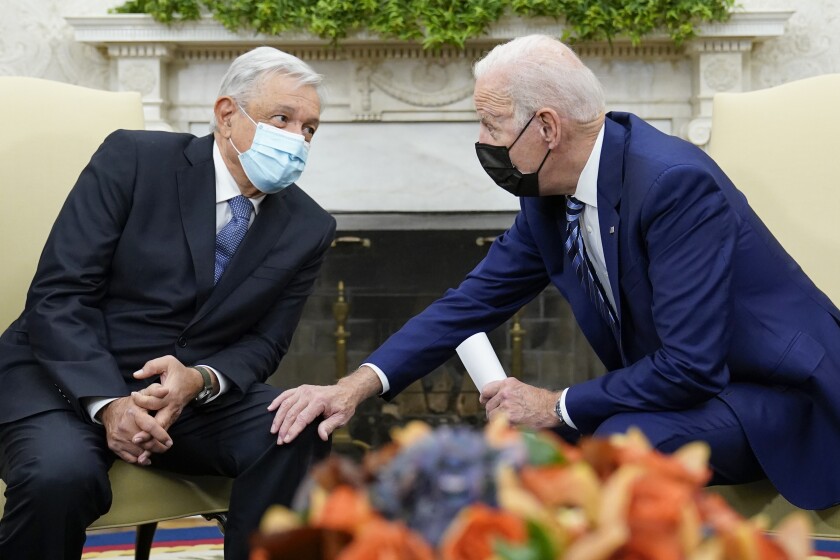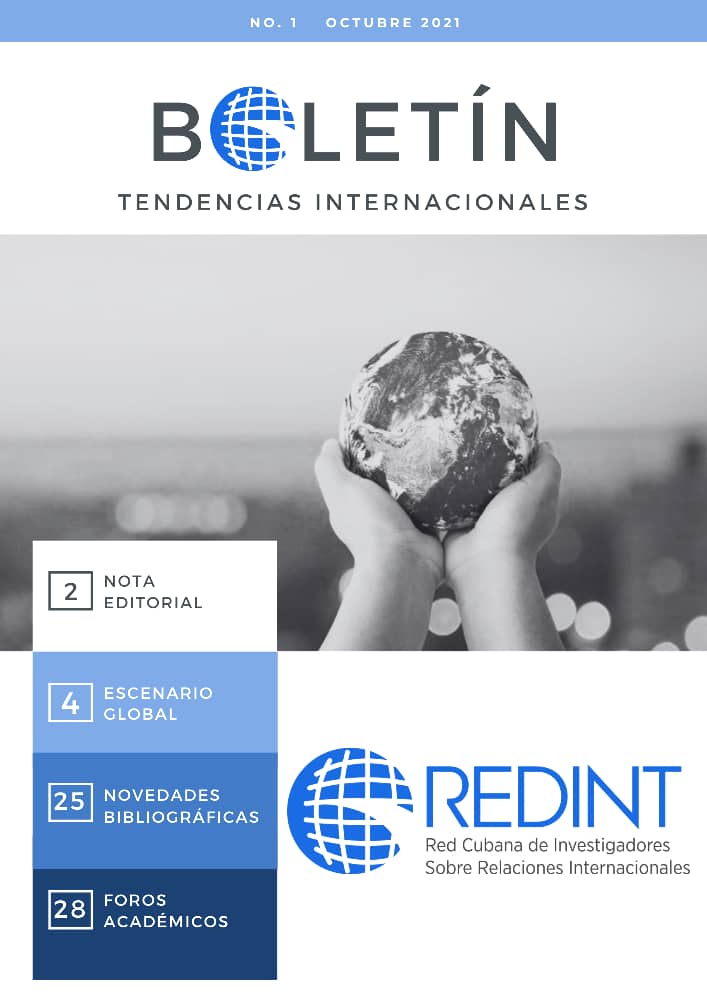Biden’s Indo-Pac Strategy Will Rely On Partnerships To Counter China
This plan lacks specificity, lacks detail, and there are major gaps in terms of strengthening America’s geoeconomic position in Asia
Jacqueline Feldscher is senior national security correspondent at Defense One
The Biden administration released a new Indo-Pacific strategy on Friday that details plans to open new embassies in Southeast Asia, increase the Coast Guard’s mission to train local forces in the region, and strengthen alliances with India, Japan, and South Korea.
President Joe Biden’s strategy is the third of its kind, following similar documents from the Obama and Trump administrations, and a senior administration official acknowledged that Biden stuck to the same broad bipartisan efforts as his predecessors.
“There’s been longstanding continuity across administrations and across parties in terms of looking at the basic principles of what we do in the region,” the official said. “That’s not to say they’re identical…but I think we can go back a number of administrations and see a much greater focus on the Indo-Pacific.”
Biden’s strategy is “nearly indistinguishable” from Obama’s, despite a lot of changes in the region since 2016, said Craig Singleton, a senior fellow at the Foundation for Defense of Democracies.
“Because it’s so similar, it’s hard to understand or perceive how the Chinese will view this,” Singleton said. “It’s a predictable continuation. The U.S. will continue to muddle along in the region. This plan lacks specificity, lacks detail, and there are major gaps in terms of strengthening America’s geoeconomic position in Asia.”
Past efforts to focus attention on the Pacific have struggled in part because geopolitical realities in other regions have demanded attention. For Obama, it was the Middle East. For Biden, the problem is Russia. Shortly before the White House released its Indo-Pacific strategy on Friday, National Security Advisor Jake Sullivan told reporters that Russia could invade Ukraine at any time and urged Americans to leave the country within two days.
“It was the pivot that never happened,” Singleton said of Obama’s rebalance to Asia. “It feels like we’re again on the cusp of another failed pivot.”
Some experts are looking to see if Biden actually follows through on the strategy, which promises increased commitments to the region and a reprioritization of alliances.
“Words and strategies and policy statements are great, but what really matters is what happens in the next six weeks to the next six months in real investment to actualize this strategy,” said Brent Sadler, a retired Navy officer who served as defense attache in Malaysia and is now a senior fellow at the Heritage Foundation.
The strategy prioritizes alliances and talks about threats faced by the region, including the rise of China, climate change, the COVID-19 pandemic, and North Korea’s nuclear program.
“In a quickly changing strategic landscape, we recognize that American interests can only be advanced if we firmly anchor the United States in the Indo-Pacific and strengthen the region itself, alongside our closest allies and partners,” the strategy says. “This intensifying American focus is due in part to the fact that the Indo-Pacific faces mounting challenges, particularly from the” People’s Republic of China.
Despite many references to the threat from China, the senior administration official told reporters the document details the White House’s approach to the entire Indo-Pacific region and is not a plan solely focused on countering Beijing.
“This builds on the longstanding U.S. engagement in the region, and builds on the work of previous administrations,” the official said. “However, it’s worth keeping in mind: this is not a China strategy. This very clearly identifies China as one of the challenges the region faces…but our China strategy is global in scope.”
The White House intends to launch a new Indo-Pacific Economic Framework partnership early this year to encourage trade, improve the supply chain, and increase connectivity in the region, according to the strategy.
The document lays out plans to send more resources to the region, including boosting the U.S. Coast Guard presence to train and advise local forces. The plan also calls for new embassies and consulates in Southeast Asia and the Pacific Islands, as well as more opportunities for the Peace Corps in the region.
In its first year, the Biden administration consistently talked about the importance of diplomacy and partnerships, and its Indo-Pacific strategy is no different. The strategy mentions the need to strengthen the Quad, as well as increase cooperation with Japan and South Korea, boost collaboration with India, and expand the Association of Southeast Asian Nations.
Región: América Latina





Déjanos tu comentario